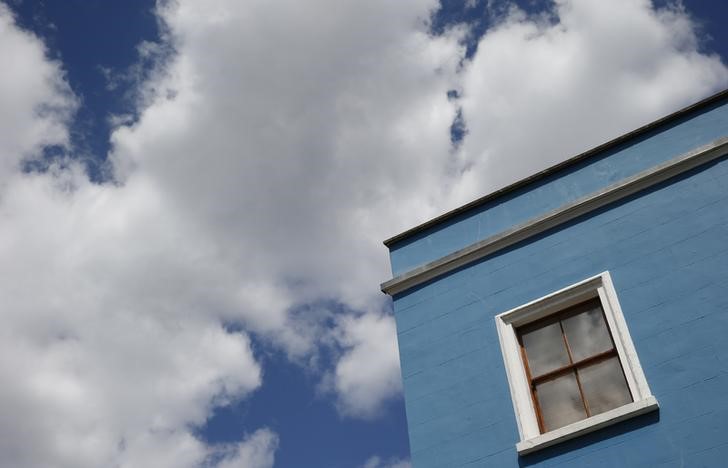By David Milliken
LONDON (Reuters) - British banks approved the most mortgages in a year last month and consumer borrowing saw some of its fastest growth of the past decade, industry data showed on Friday, contrasting with earlier signs of slowing momentum.
Strong consumer demand has driven Britain's economy since June's Brexit vote, but in the past couple of months retail sales have dipped and house price growth has been slowing, as higher inflation gnaws at Britons' disposable income.
Friday's figures from the British Bankers' Association, however, suggest there is still some residual momentum in the property market, and a continued willingness of households to borrow.
The BBA said its members gave the green light to 44,657 mortgages in January, up from 43,581 in December and the highest number since January last year, when 45,794 were granted.
Unsecured consumer borrowing grew at an annual rate of 6.7 percent - a figure that has only been beaten twice in the past 10 years, in September and October 2016 - bolstered by the fastest growth in personal loans and overdrafts in a decade.
The Bank of England forecasts household incomes will cease growing in inflation-adjusted terms later this year, and says it will keep a close eye on the extent to which households will seek to bridge the gap by borrowing more.
The BBA also reported a strong appetite from existing home-owners to take advantage of low interest rates and refinance their mortgages.
The boost in new mortgage lending comes as most economists expect house price growth to slow to around 2-3 percent a year this year and next, from around 7 percent in 2016, according to a Reuters poll this week. [GB/HOMES]
"Markedly weakening consumer fundamentals, likely mounting caution over making major spending decisions, and elevated house price to earnings ratios are likely to weigh down on house prices," said IHS Markit economist Howard Archer.
But a chronic housing shortage meant outright price falls were unlikely, he added.
Sterling's fall of more than 15 percent against the U.S. dollar since June's referendum, as well as a big rise in oil prices, is already pushing up prices in stores. The Bank forecasts inflation will rise to 2.7 percent this year from 1.8 percent at the end of 2016.

The BBA data does not cover lending by mutually-owned building societies, who are major players in the mortgage market, and the Bank will publish more comprehensive data on mortgage lending and consumer borrowing on March 1.